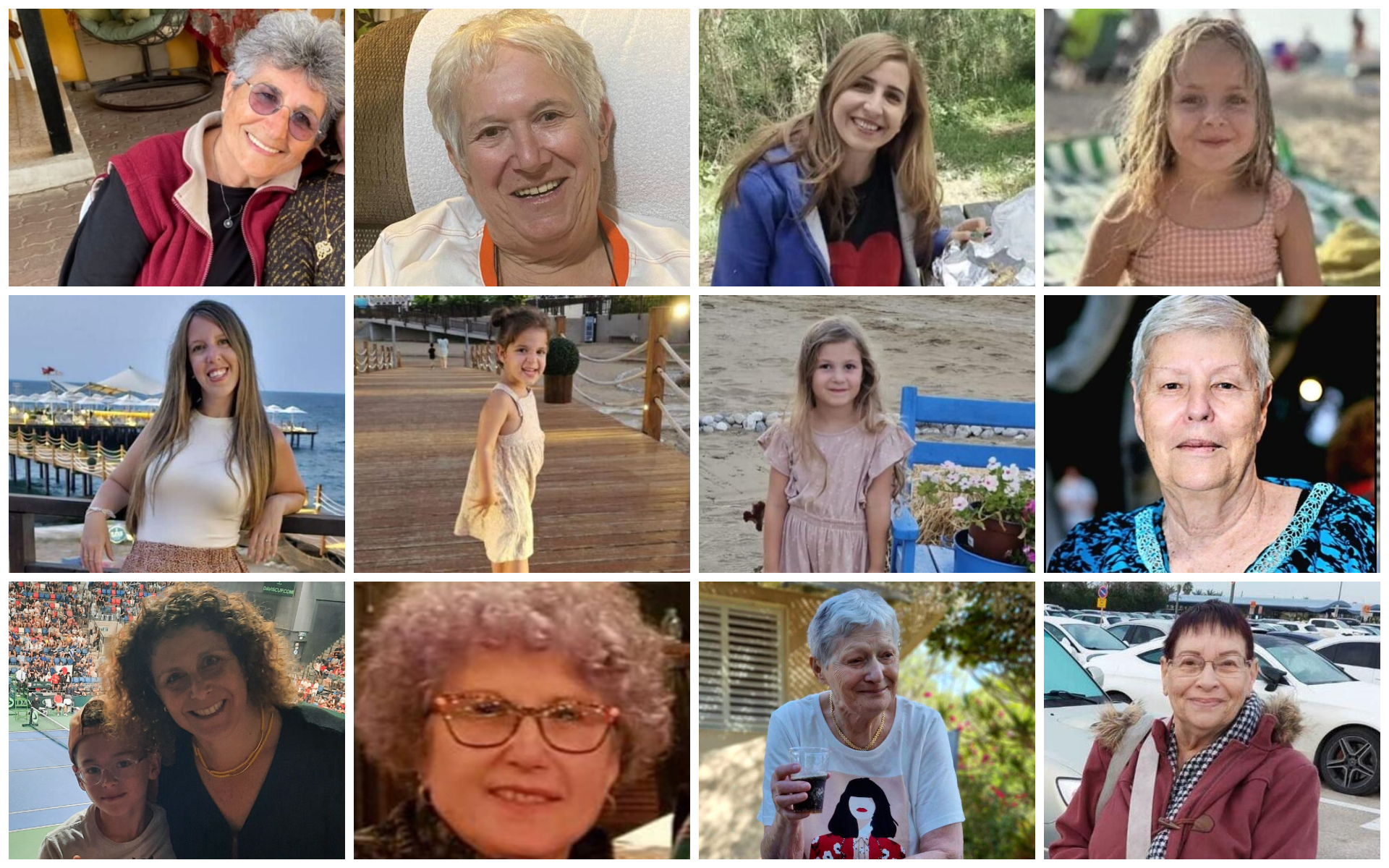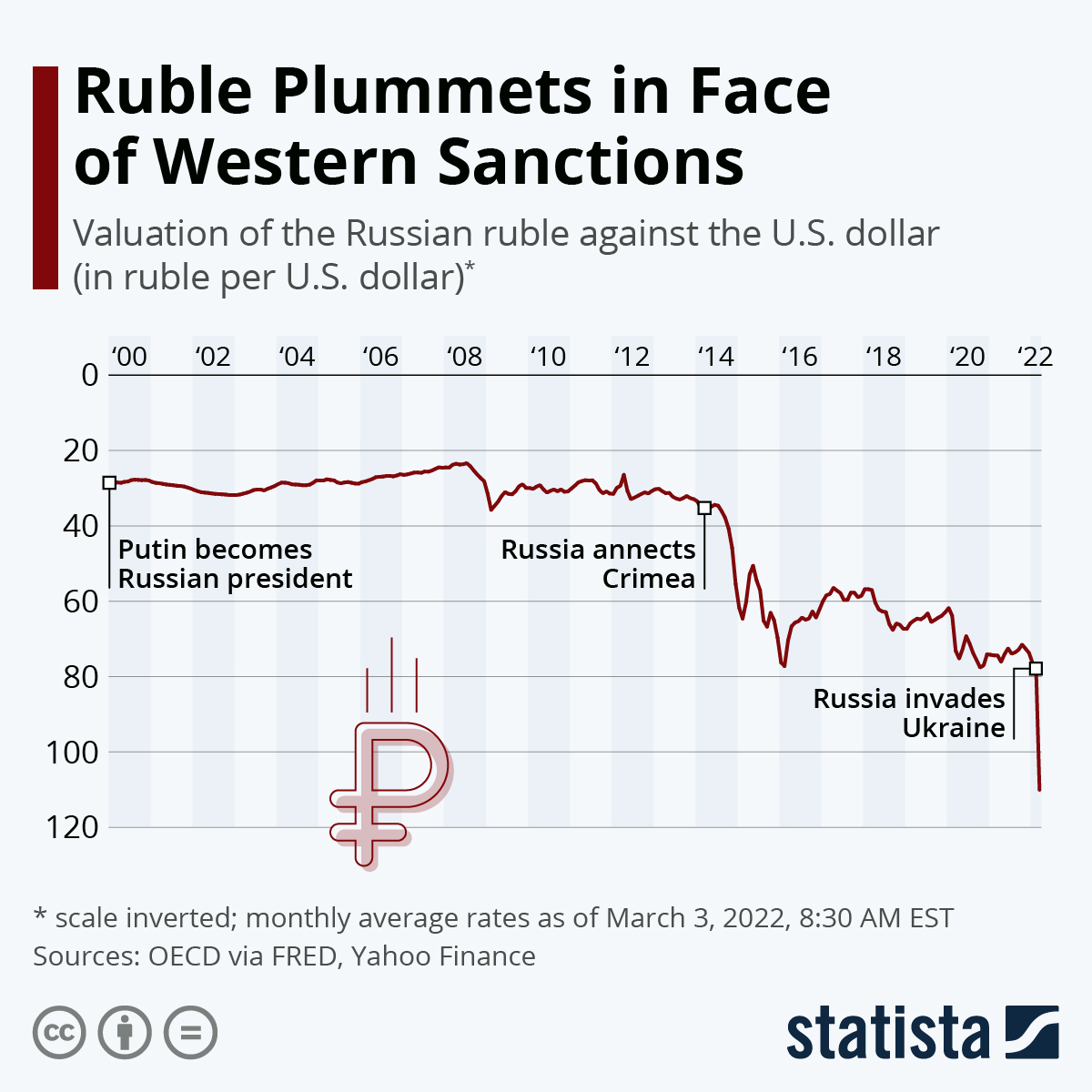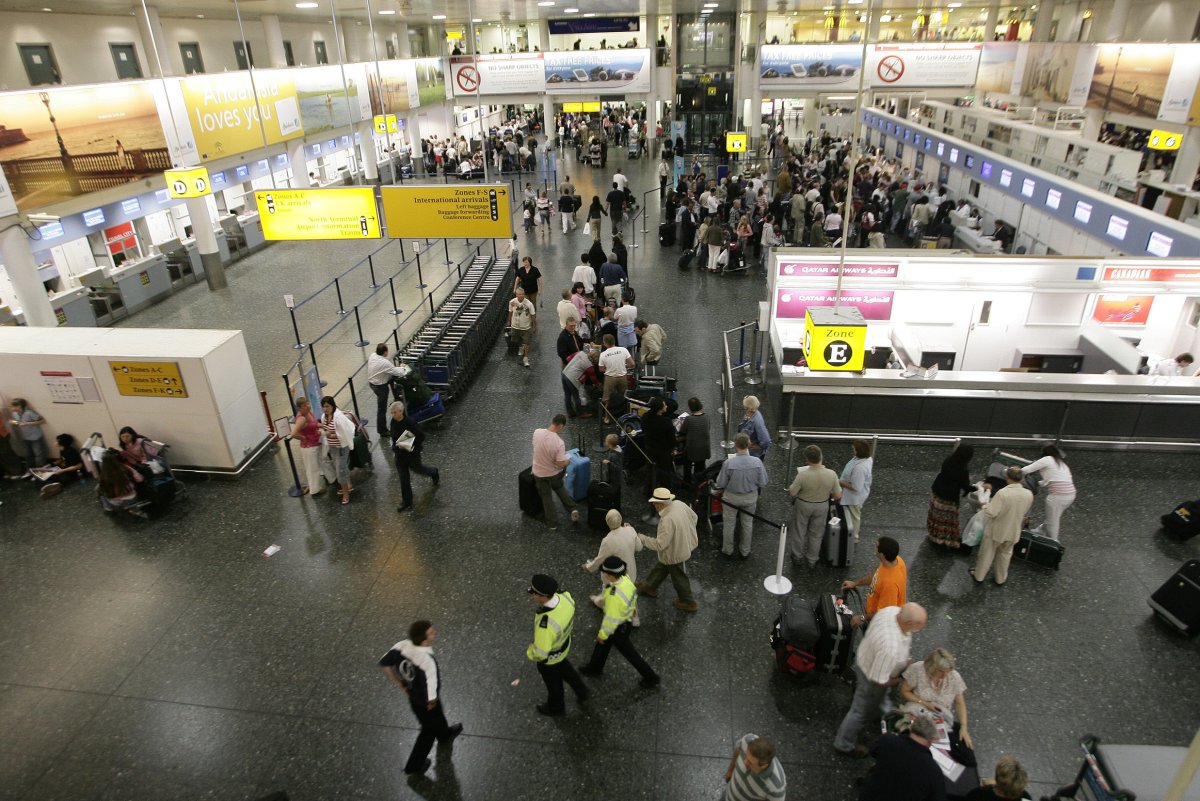Families Of Gaza Hostages Face Ongoing Ordeal: The Unending Nightmare

Table of Contents
The Psychological Toll on Hostage Families
The psychological impact on families of Gaza hostages is devastating and far-reaching. The constant fear, the agonizing uncertainty about their loved ones' fate, and the lack of reliable information create a breeding ground for anxiety, depression, and other mental health challenges.
Trauma and Uncertainty
The abduction itself is a traumatic event, leaving lasting scars on the psyche. The ensuing period of uncertainty exacerbates the trauma, creating a relentless cycle of fear and anxiety. Many families suffer from:
- Constant fear: The unknown fate of their loved ones casts a long shadow of dread over their daily lives.
- Insomnia and sleeplessness: The worry and anxiety prevent them from finding rest.
- Mental health challenges: Depression, anxiety disorders, and PTSD are common among affected families.
- Limited access to mental healthcare: The already fragile healthcare system in Gaza is further strained, hindering access to vital mental health services.
- Family breakdown: The immense stress can place unbearable strain on family relationships, leading to conflict and separation.
- Impact on children: Children witness the suffering of their parents and are particularly vulnerable to the emotional fallout, potentially developing long-term psychological problems.
Studies consistently demonstrate the severe and long-lasting psychological effects of hostage situations on families. Experts emphasize the need for immediate and sustained mental health support.
Lack of Information and Transparency
The lack of clear and consistent information from authorities compounds the psychological burden. Families are left to grapple with conflicting reports, rumors, and misinformation, further fueling their anxiety and desperation. This lack of transparency erodes trust in the authorities and deepens their sense of helplessness.
- Limited communication: Families often receive little to no official updates on the status of their loved ones.
- Conflicting reports: Inconsistent information from various sources creates confusion and fuels speculation.
- Misinformation: The spread of false information adds to the families' distress and uncertainty.
- Lack of official updates: The absence of regular, transparent communication from authorities exacerbates the sense of abandonment.
- Impact on trust in authorities: The lack of information erodes trust and fuels resentment towards those responsible for securing the release of the hostages.
The Humanitarian Crisis Facing Hostage Families
Beyond the psychological toll, the families of Gaza hostages face a severe humanitarian crisis. The ongoing conflict and the economic hardship in Gaza have been exacerbated by the abduction, pushing many families into dire circumstances.
Economic Hardship
The abduction of a family member often means the loss of a primary income earner, plunging families into financial ruin. Many are struggling to afford basic necessities like food, shelter, and medicine.
- Loss of breadwinner: The absence of the primary income provider leaves families without a means of support.
- Mounting debt: Families may accumulate debt to cover basic expenses, further worsening their plight.
- Difficulty accessing financial aid: Bureaucratic hurdles and limited resources hinder their access to much-needed financial assistance.
- Poverty: Many families are pushed below the poverty line, struggling to meet their daily needs.
- Food insecurity: Lack of sufficient food poses a serious threat to the health and well-being of families.
Limited Access to Resources
The already dire situation in Gaza is compounded by the challenges in accessing essential resources. Blockades, damaged infrastructure, and limited access to healthcare further exacerbate the suffering of hostage families.
- Blockades: Restrictions on movement and access to goods and services hinder families’ ability to secure essential supplies.
- Damaged infrastructure: The destruction of infrastructure, due to the conflict, limits access to basic services like water and electricity.
- Limited access to healthcare: The scarcity of healthcare resources in Gaza hinders families' access to medical care, including mental health services.
- Lack of clean water: Water shortages and contamination pose significant risks to the health and hygiene of families.
- Food shortages: Limited access to food supplies increases the risk of malnutrition and hunger.
International Calls for Action and the Path to Resolution
The plight of the Gaza hostage families demands immediate international attention and decisive action. The international community must exert significant pressure to secure the release of the hostages and address the humanitarian crisis.
International Pressure for a Resolution
Several international organizations and countries are actively involved in efforts to secure the release of the hostages. However, stronger and more coordinated efforts are needed.
- UN involvement: The United Nations plays a crucial role in mediating negotiations and providing humanitarian aid.
- Diplomatic negotiations: International diplomatic efforts are essential to facilitate a peaceful resolution.
- Humanitarian organizations’ aid efforts: Organizations like the Red Cross and Red Crescent are providing vital humanitarian assistance.
- Calls for prisoner exchanges: Negotiations often involve calls for prisoner exchanges as part of a broader resolution.
- International sanctions: Targeted sanctions may be employed to pressure those responsible for the hostage crisis.
- Media coverage: International media attention can help raise awareness and put pressure on authorities to act.
The Role of Humanitarian Aid and Support
Increased humanitarian aid and support are crucial for both the hostages and their families. This support must encompass immediate needs as well as long-term rehabilitation programs.
- Funding for food, medicine, shelter: Immediate aid is needed to address the basic needs of families.
- Psychological support: Sustained mental health services are crucial for addressing the trauma experienced by families.
- Educational support for children: Support is needed to ensure children continue their education despite the difficult circumstances.
- Long-term rehabilitation programs: Long-term programs are needed to help families rebuild their lives and recover from the ordeal.
Conclusion
The families of Gaza hostages are enduring an unending nightmare, facing immense psychological trauma and a severe humanitarian crisis. The international community must act decisively to secure the release of the hostages and provide comprehensive support to their families. This requires increased international pressure, enhanced humanitarian aid, and a concerted effort to address the underlying causes of the conflict. We must not stand idly by while these families suffer. Donate to reputable charities supporting Gaza hostage families, contact your representatives to advocate for their release, and raise awareness among your networks. Let's work together to end the ordeal of Gaza hostages and bring hope to those who desperately need it, ensuring that the nightmare ends for the families of Gaza hostages and that support for Gaza hostage families continues until every family member is safely reunited.

Featured Posts
-
 Cassie And Alex Fine Photos From The Mob Land Premiere
May 13, 2025
Cassie And Alex Fine Photos From The Mob Land Premiere
May 13, 2025 -
 The Hypocrisy Of Western Sanctions Examining Britain And Australias Approach To Myanmar
May 13, 2025
The Hypocrisy Of Western Sanctions Examining Britain And Australias Approach To Myanmar
May 13, 2025 -
 The Judge Crawford Question What Elsbeth Season 2 Needs To Deliver
May 13, 2025
The Judge Crawford Question What Elsbeth Season 2 Needs To Deliver
May 13, 2025 -
 Boil Water Advisory Issued For Ogeechee Road Area
May 13, 2025
Boil Water Advisory Issued For Ogeechee Road Area
May 13, 2025 -
 Dot Secretarys Accusation Biden Administration To Blame For Air Traffic Control Problems Newark Suffers
May 13, 2025
Dot Secretarys Accusation Biden Administration To Blame For Air Traffic Control Problems Newark Suffers
May 13, 2025
